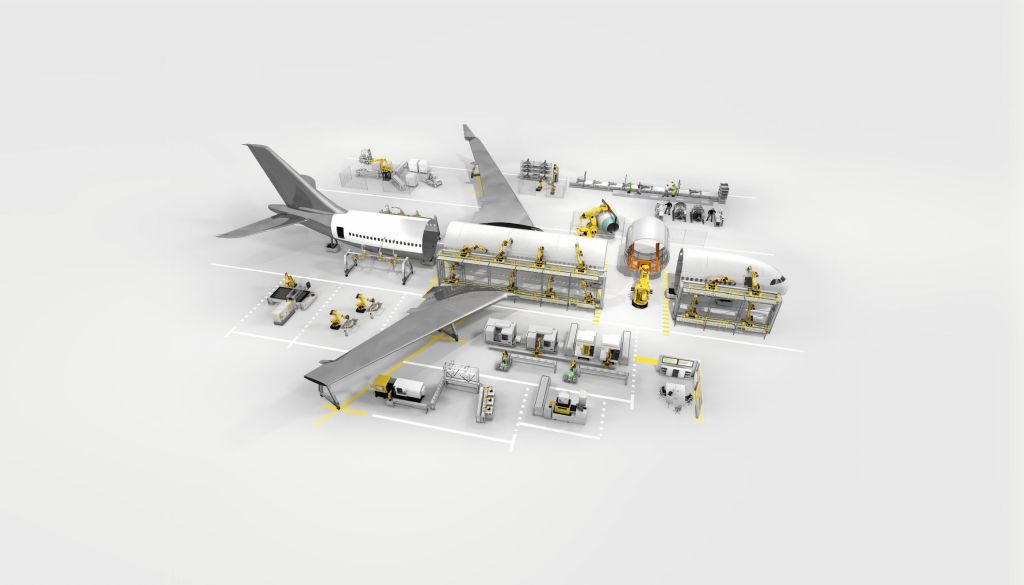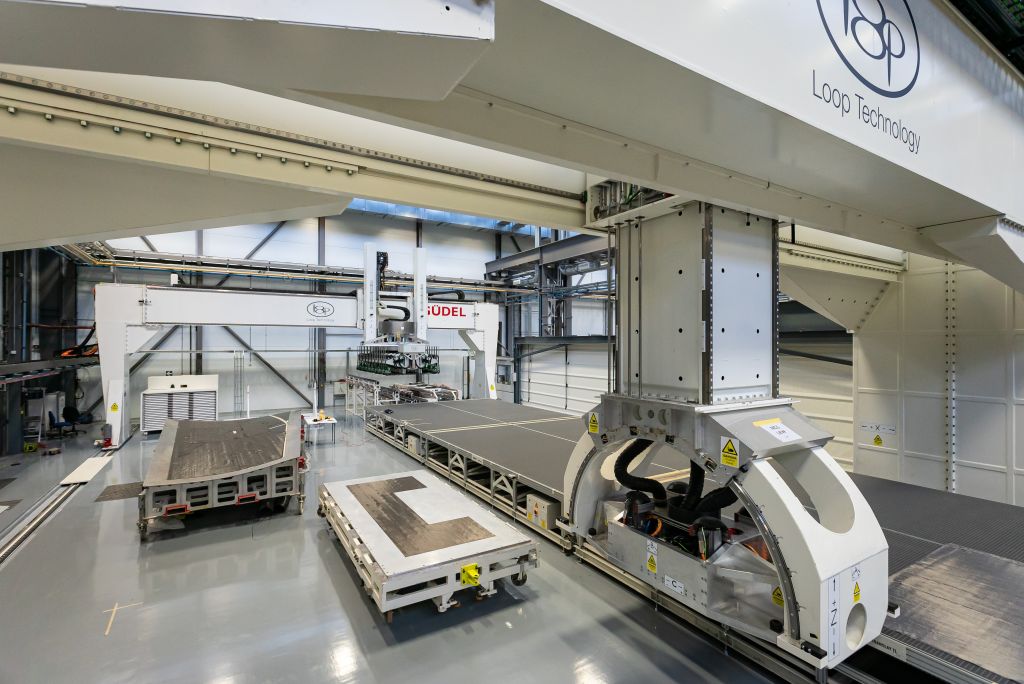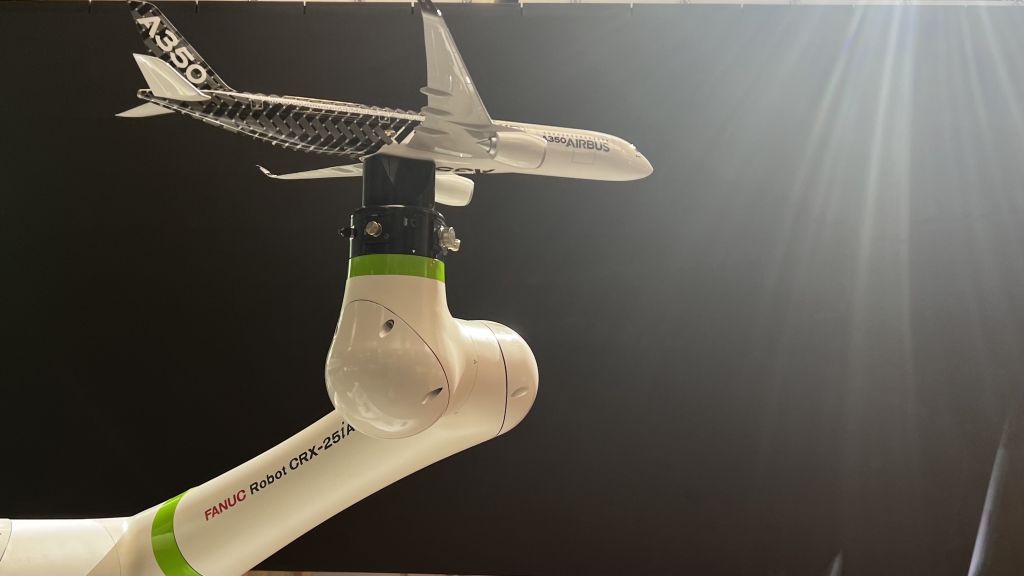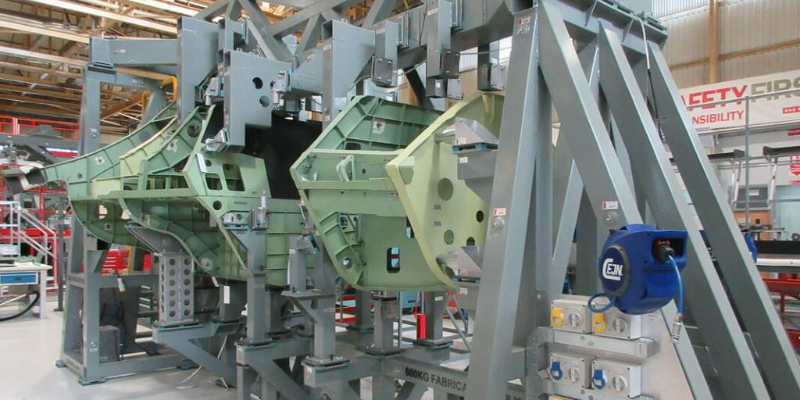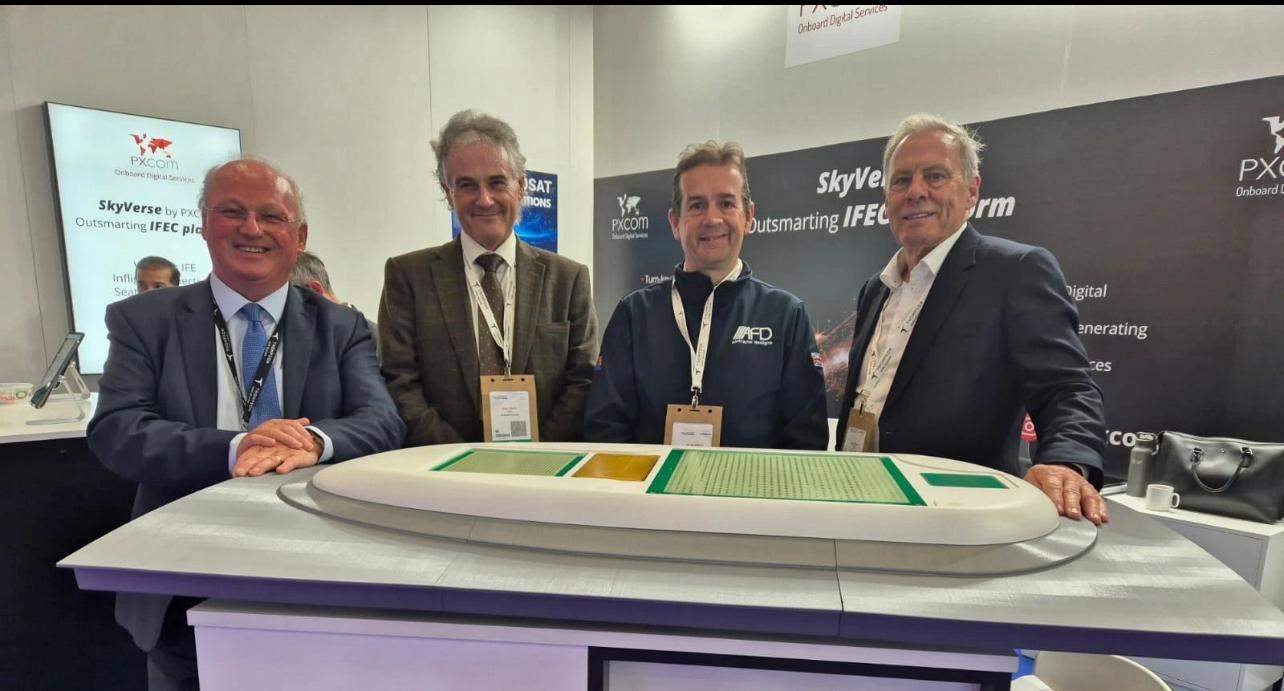
FANUC unveils easy way to collect production data
20th Jun 2018 | In News | By Mike Richardson
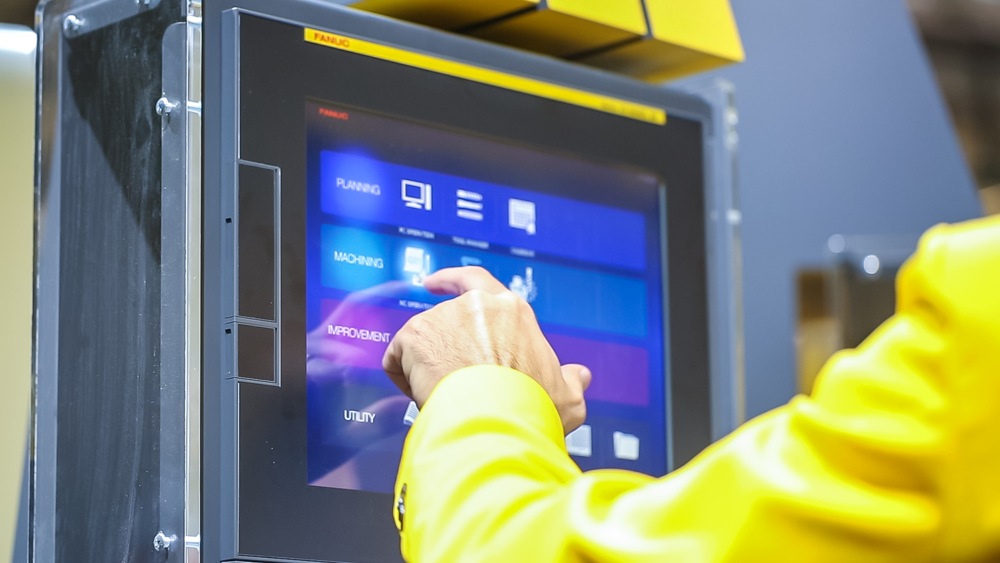
To help UK manufacturers maximise data-driven productivity, FANUC has unveiled MT-Linki: a fully scalable, out-of-the-box machine tool monitoring solution that can monitor and manage data from one, to one thousand, machines.
First unveiled to the UK manufacturing community at MACH 2018, MT-Linki is a single software platform that is able to collect, manage and visualise data from FANUC and non-FANUC-controlled equipment and devices via an OPC UA server protocol.
Crucially, MT-Linki pools the production data over a secure network into a single centralised point, meaning it can be analysed remotely from the production office, without the need to visit each individual piece of plant equipment on the factory floor. As such, any necessary counter-measures can be actioned immediately.
“Connectivity is undoubtedly driving change throughout the UK’s industrial landscape,” stated Tom Bouchier, managing director of FANUC UK. “It’s often referred to as Industry 4.0, the Internet of Things (IoT) or Smart Factories, but titles like these have the potential to overcomplicate what should be huge asset to manufacturers.
“In its purest form, connected manufacturing should allow a factory manager to remotely monitor production data for all plant equipment from one single point of access. They should then be able to review performance as a whole and identify any changes that can be made to improve productivity. This uncomplicated thought process was central to the development of the MT-Linki system.”
MT-Linki is easy to set-up, with no special hardware required, and has a scalable system architecture to accommodate future factory growth. The data acquisition is managed by a dedicated Collector PC software, and then securely stored on a Server PC, which also provides a web-based user interface for data access, visualisation and analysis. This can be accessed via any PC or internet-enabled tablet within the factory network via a web browser.
The MT-Linki’s ability to assess the production status of the entire factory floor at a glance, in real-time, is particularly beneficial. Any alarms or anomalies that may affect production can be spotted and addressed, while critical production data such as feed rates, spindle/servo loads and machine temperatures can also be accessed. The program allows factory managers to review operational results on an individual machine level, meaning production results can be compared easily to forecasts.
Other productivity-driven functions include the ability to easily assess the utilisation factor of plant equipment. Through MT-Linki, manufacturers can see any under-used machines, and make any changes to the production schedule for optimised resource planning.
The diagnostic capabilities of the MT-Linki system can also help factory managers identify bottlenecks. The system keeps data records on alarm, program, signal and macro value history, and these can be used to further optimise production performance by eliminating repeat pain points.
While up to 100 machines can be handled by just one MT-Linki server, the Collector PC and Server PC functions can be run from a single standard PC for factories that operate just a handful of machines. For sites operating over 100 machines, it is possible to pool data from 10 server PCs via an integrated server, thus expanding the system architecture’s monitoring capabilities to up to 1,000 machines from one point of access.
“Ultimately, the MT-Linki represents an easy and cost-effective way to connect and monitor machines,” Bouchier concluded. “The data, can then be used to optimise production processes, maximise machine usage, or diagnose potential problems, all without having to visit the factory floor.
“Connected manufacturing should be a benefit - not a burden. We believe that MT-Linki embodies this concept into its simplest form. It will allow UK manufacturers to work their production lines as hard as possible to improve productivity and, ultimately, make an impact on the bottom line.”
Consider a free digital subscription
If you find this article informative, consider subscribing digitally to Aerospace Manufacturing for free. Keep up to date with the latest industry news in your inbox as well as being the first to receive our magazine in digital form.


